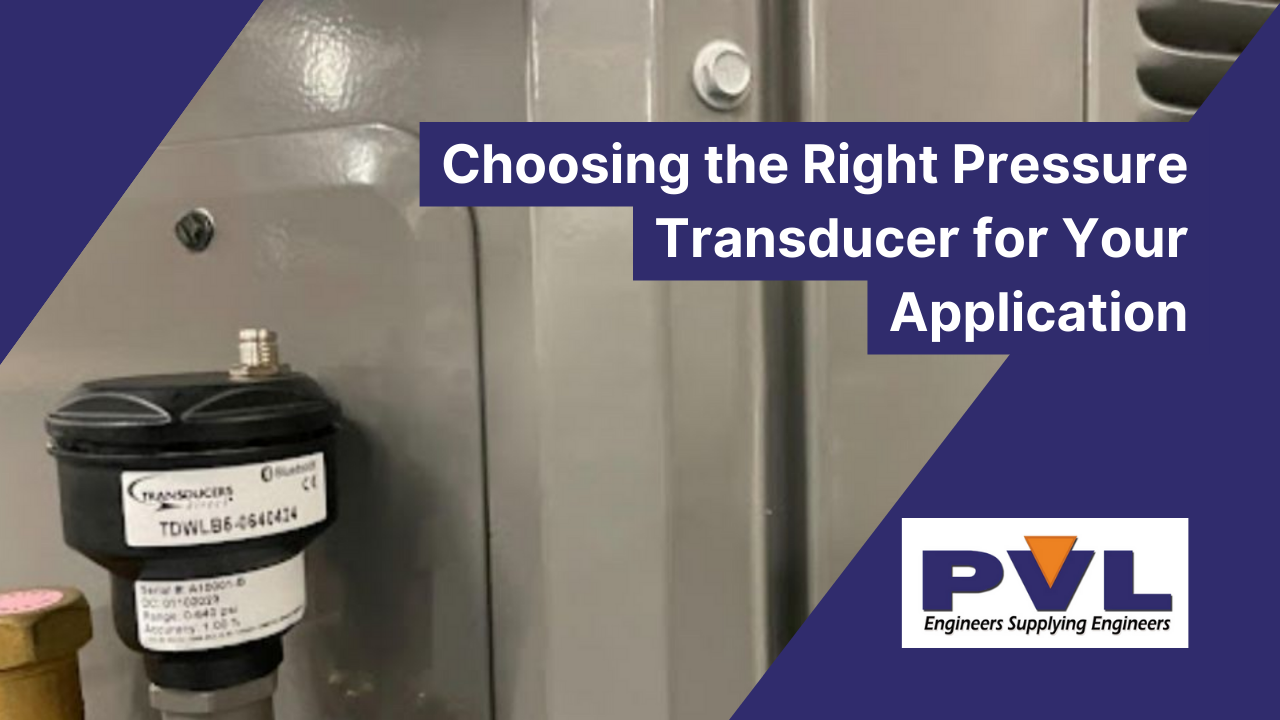
Choosing the Right Pressure Transducer for Your Application
Pressure monitoring equipment is widely used across various industries, with multiple pressure transducers tailored for specific applications. The diversity in transducer types emphasises the importance of selecting the most suitable one for your needs. Streamline the purchasing process and ensure a wise investment by understanding the key considerations.
Optimal Measurement Type Selection
Pressure transducers are available in six measurement types:
1. Gauge
2. Vacuum
3. Absolute
4. Differential
5. Bidirectional
6. Sealed gauge
Gauge transducers measure pressure relative to atmospheric pressure, vacuum transducers handle pressures below atmospheric, and absolute transducers are suitable for applications like barometric pressure measurement. Differential transducers are ideal for flow measurement, bidirectional for pressure fluctuations, and sealed gauge for deep-sea applications. The choice depends on the specific requirements of your application.
Balancing Accuracy and Overpressure Protection
A transducer's accuracy and overpressure protection are influenced by its pressure range. Align the pressure range with your application's needs to prevent inaccurate readings or potential transducer damage due to overpressure. Selecting a transducer with a compatible pressure range and adequate overpressure protection is crucial. A transducer with a wide range and robust protection is necessary for high-pressure environments, while a narrower range may suffice in a low-pressure setting.
Understanding Your Process Media
Consider the nature of the process media—whether gases, liquids, or corrosive substances—the transducer will measure. The interaction between the process media and the transducer's materials can impact measurement accuracy. For example, corrosive fluids can negatively affect certain metals in the transducer, leading to inaccuracies and potential damage. Choosing a transducer with materials compatible with your process media is essential for accurate readings and device longevity.
Temperature Considerations
The operational temperature of your process significantly affects the accuracy and performance of pressure monitoring devices. Temperature changes can impact the transducer's output due to thermal effects on the sensing element and electronics. Extreme temperatures can cause calibration shifts or permanent damage. Choose a pressure transducer that can withstand specific temperature conditions, whether through temperature compensation features or material makeup, for accurate readings and prolonged device lifespan.
Summary
Selecting the right pressure transducer requires expertise from a reliable OEM manufacturer and distributor. Explore our diverse selection at PVL today!
Contact Us
Pressure Vacuum Level Ltd has been selling pressure transducers for several years. Don't hesitate to contact us if you have any questions about these products by emailing sales@pvl.co.uk or calling +44 (0) 1892 66 44 99


